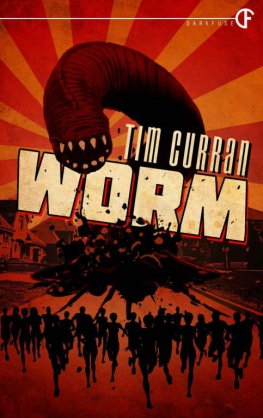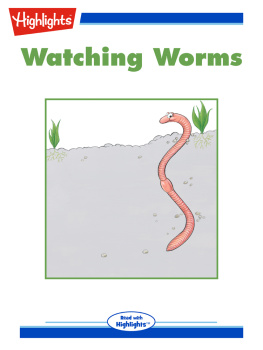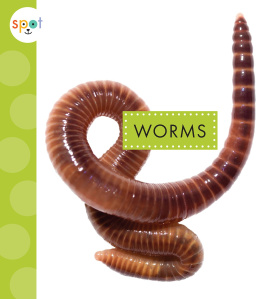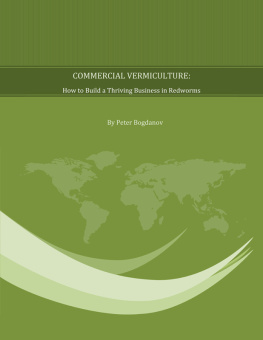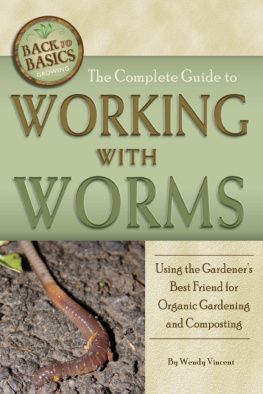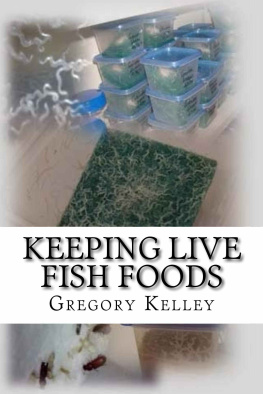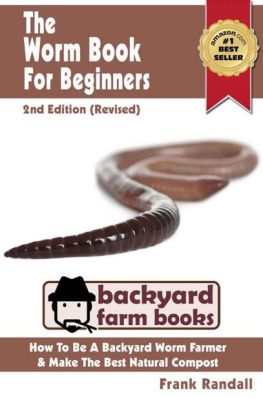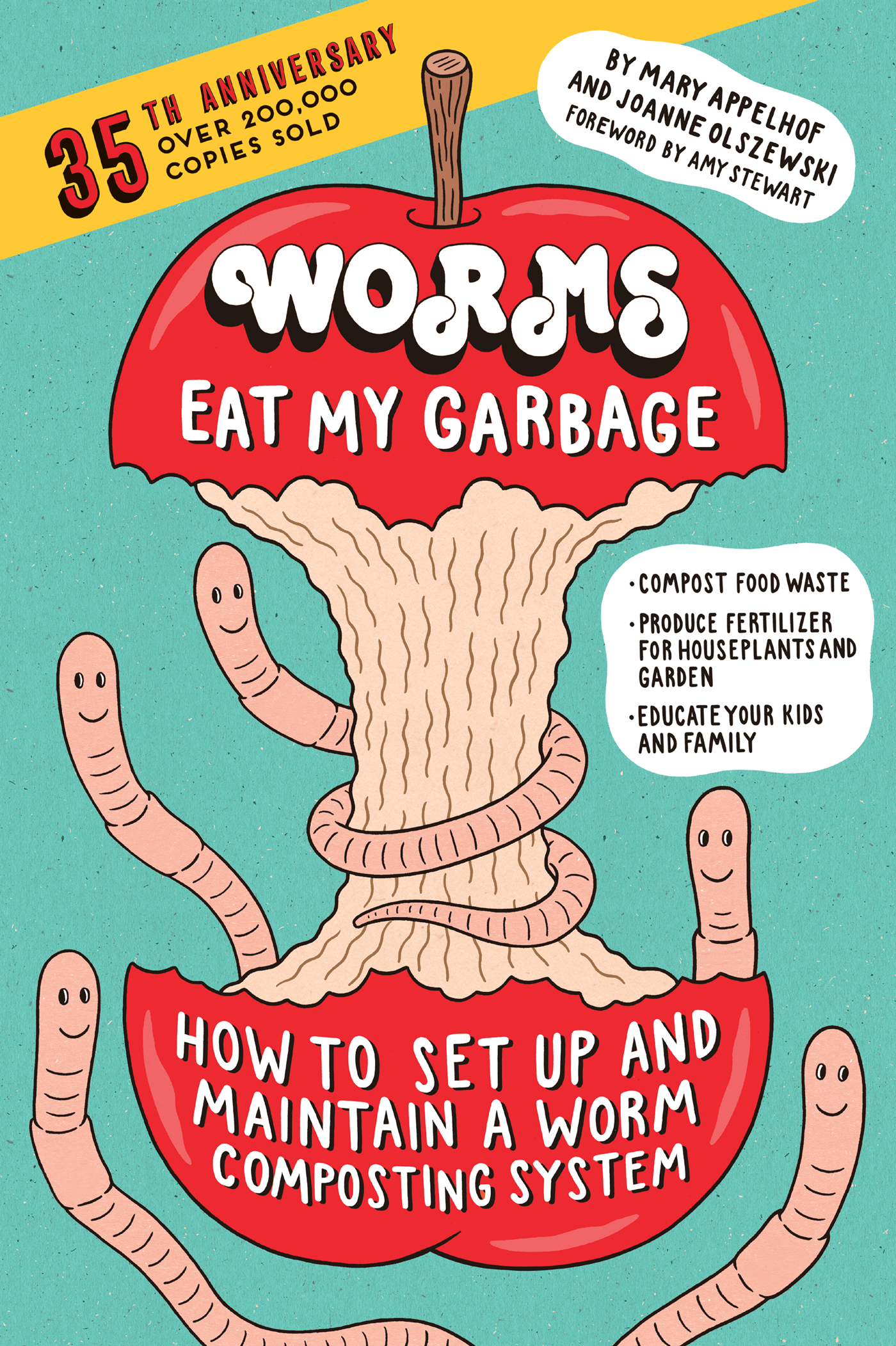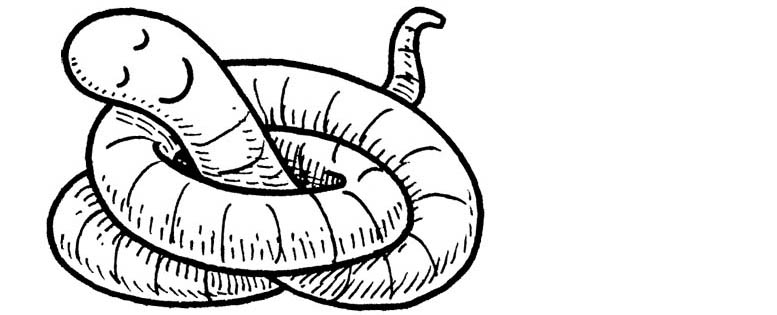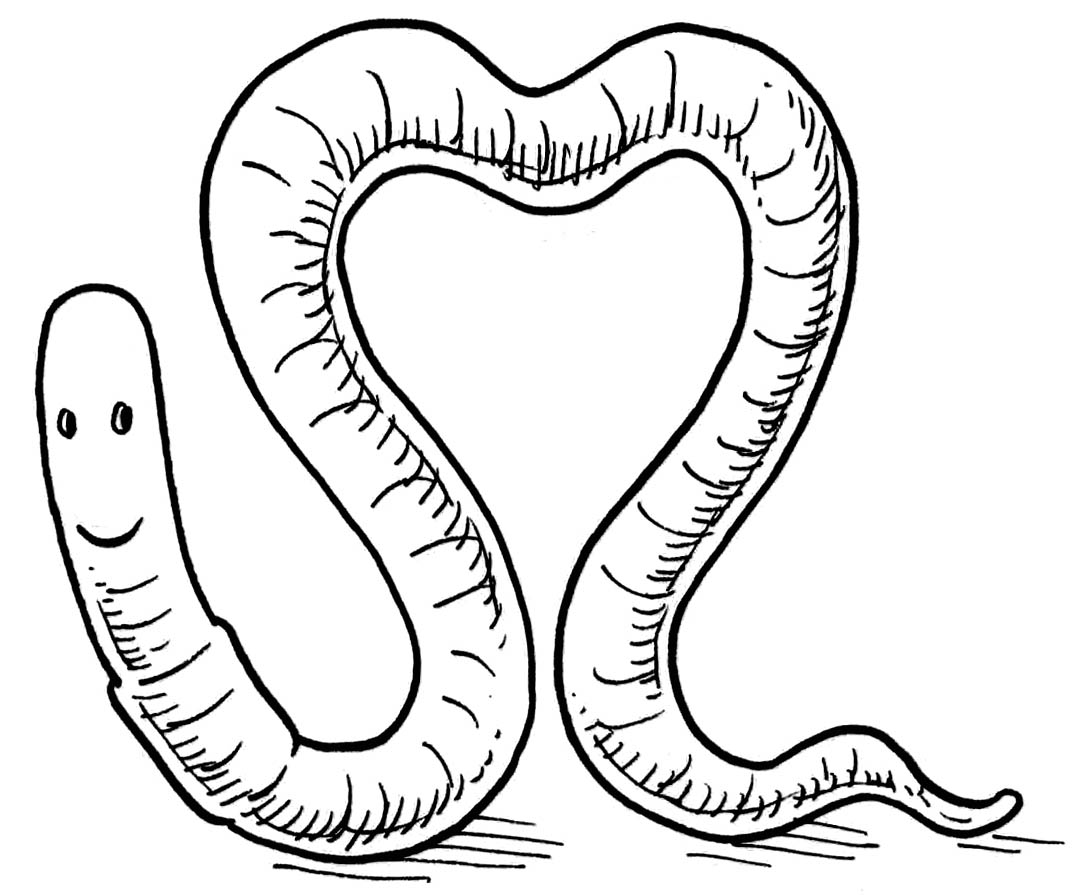Contents
Foreword
In 2001, I called Mary Appelhof and told her that I wanted to write a natural history of earthworms. At first I wasnt sure anyone would want to read a book about worms, I said, but Im finding out that everybody has an earthworm story.
Oh, they do! she said, and proceeded to tell me hers. She built her first worm bin in 1972, and published a brochure about worm composting a year later. I sold it to anyone who would send a quarter and a self-addressed, stamped envelope, she said.
Did it sell? I asked.
It was a hit! she said. I did a survey back then on peoples attitudes towards using worms for home garbage disposal. Only 25% of the people who responded to the survey said they couldnt stand the idea. I figured that meant 75% were willing to consider it.
That was Mary: the eternal optimist, the tireless evangelist. Anytime she saw an opportunity to promote earthworms, she took it. She taught classes at any school or nursery that would have her, she spoke at conferences, produced educational videos, and began answering to the name Worm Woman.
She published Worms Eat My Garbage in 1982, when self-publishing a book meant stacking thousands of copies in the garage and peddling them out of the trunk of the car. It was the only book about worm composting on the market at the time, and remains the best: its thorough, well-researched, and entertaining. To everyones astonishment but Marys, the book sold 100,000 copies but not overnight.
It only took me twenty years! she said. When I started, I envisioned huge piles of garbage and huge quantities of worms. I didnt have the wherewithal to make that happen, but I did know how to get worm composting going one household at a time. So thats what I did.
The book you hold in your hands is nothing less than Mary Appelhofs prescription for saving the world in your own backyard. Its now been twenty years since I started my first worm bin. In that time theyve proven to be surprisingly good pets: clean, industrious, self-sufficient, and always up for the job of devouring compost and enriching the soil.
If youre embarking on your first adventure with earthworms, I congratulate you on your decision and promise that before long, youre going to have your own earthworm story to tell.
Amy Stewart , author of The Earth Moved: On the Remarkable Achievements of Earthworms
Preface
I met Mary Appelhof in 1982. Her first gift to me was a 1-2-3 Worm Box, complete with worms. At work, I used the paper shredder to shred newspaper. Adding the paper and vegetable scraps to the bin, I then placed it under a bench in my greenhouse and totally forgot about it. About a month later, Mary came to visit and checked up on the worms. Imagine my surprise when she pulled back the bedding to find one of the most prolific masses of worms she had ever seen. I have been worm composting since that time, and I occasionally forget about these amazing creatures, yet they continue to perform. Today, I have two bins. The large outdoor one I made from cedar pickets, and the second, small indoor bin is Marys Worm-A-Way that I use for demonstrations.
Mary passed away in 2005 and the first two editions of Worms Eat My Garbage were written in her own words. Many times she used the first person I to explain her ideas and reasoning. I have chosen to leave her words intact. In the new sections of the book, I also used the first person to express myself. Although it could be confusing to have two authors each use I in one book, rest assured that I agreed with Mary on her ideas and I believe she would agree with mine.
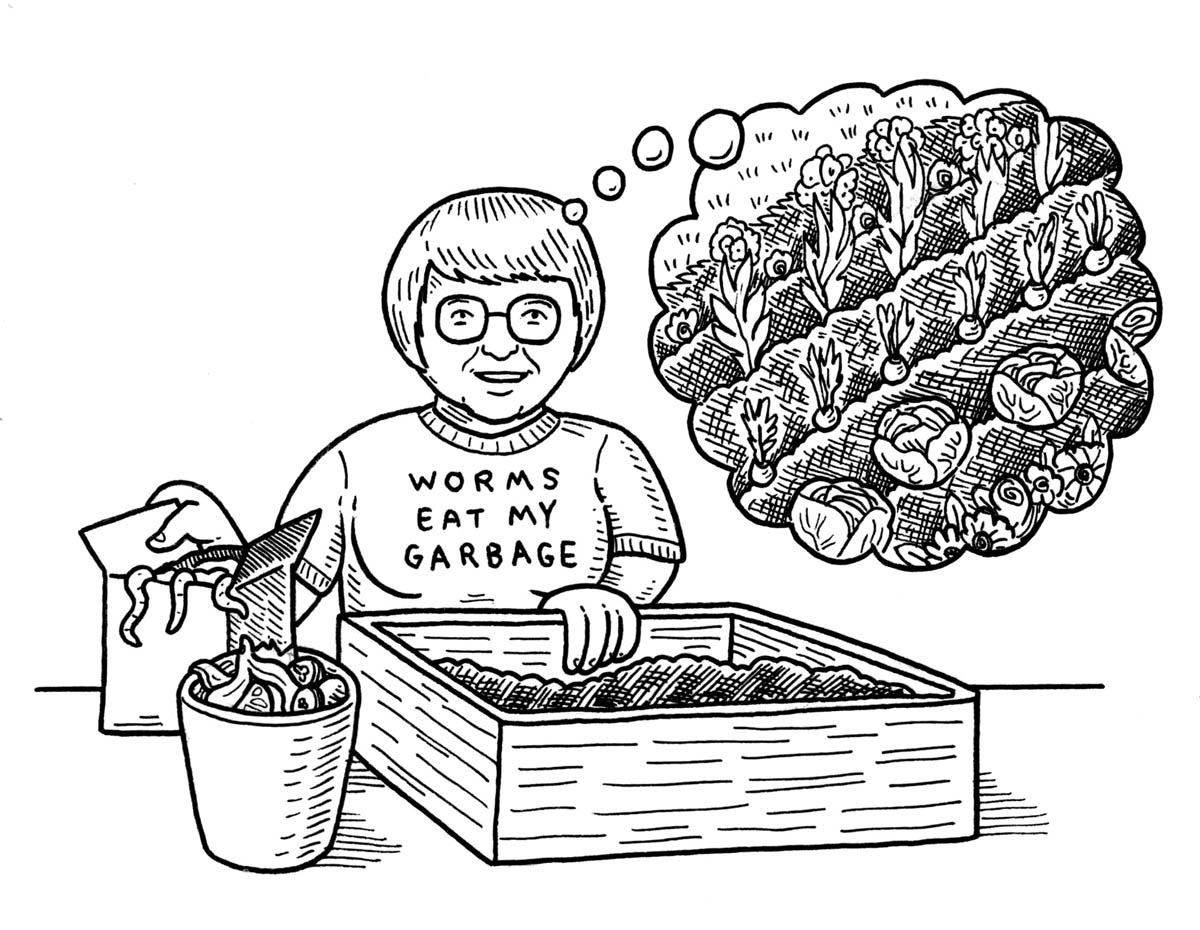
This third edition continues to answer the most common vermicomposting questions while updating and expanding on the scientific data. Mary had a gift for taking difficult information and presenting it in a simple fashion. As a former middle school science teacher, I have attempted to continue that practice. This update also answers questions Mary asked in her previous editions. Much has happened in composting, vermicomposting, and recycling in the last two decades. It was Mary in 1993 who coined the term worm workers. This revision brings us up-to-date on what worm workers are doing and hopefully inspires you to become a worm worker as well. After all, if worms eat my garbage, they will eat yours, too.
Joanne Olszewski, Worm Woman 2.0
2017
The Worm Composter Checklist
- Read Worms Eat My Garbage.
- Weigh organic kitchen waste for two to three weeks to get the average amount produced in your household so that you can determine the right size bin for the amount of waste you produce.
- Determine the quantity of worms you need and order worms.
- Purchase a bin or select the size of container required and assemble the materials.
- Determine what types of bedding are available, and either order materials or scrounge.
- Build or assemble your bin.
- Prepare the bedding. If using manure, prepare it at least two days before the arrival of your worms.
- Add worms to the bedding.
- Bury your food waste in the bedding.
- Check moisture levels periodically; look for cocoons and young worms.
- Harvest worms and prepare new bedding.
- Use the vermicompost or worm castings on houseplants or in your garden.
It Starts with a Worm
Earthworms in nature play an important role in recycling organic nutrients from dead tissues back into living organisms. They do this without fanfare; rarely does anyone see them perform their tasks.
If you decide to use composting worms to process your own organic kitchen waste, you will see them at work. You will see mounds of disagreeable material converted noiselessly, with almost no odor, to material you can use directly on your houseplants and in your garden. You will enjoy healthier-looking plants, better-tasting vegetables, and money in the bank. You will spend less on fertilizers and trash disposal. Some of you will be serving fish for dinner caught using your worms as bait. Hopefully, youll also gain a better appreciation of the intricate balance and interdependencies in nature. You will be treading more gently upon the Earth.
As your gardens are enriched, so is your life and mine. You will have joined the worm-working adventurers who say, Worms eat my garbage. Isnt that a grand beginning to a task that needs to start somewhere? You, personally, can make it happen.


